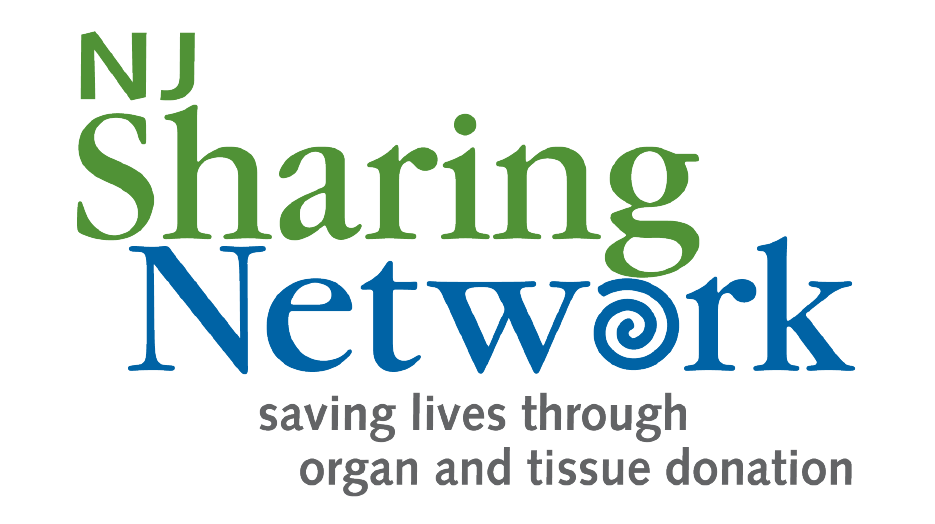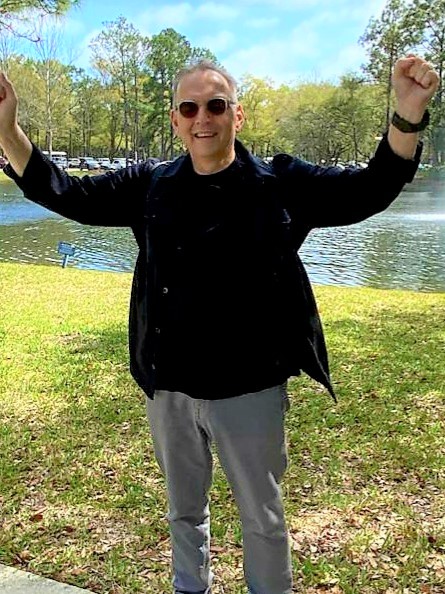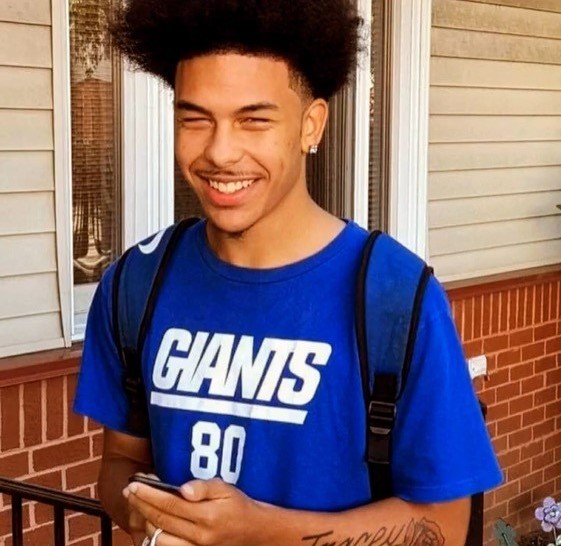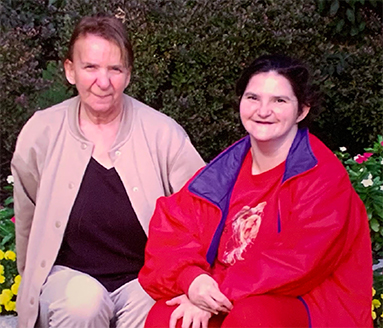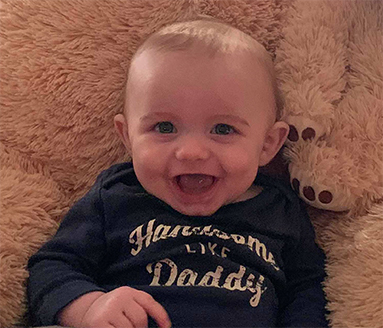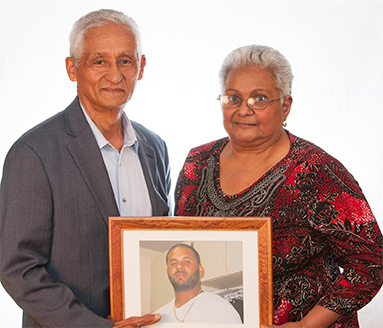The Power of One
One organ and tissue donor can save 8 lives
and enhance the lives of over 75 others.
Say YES to donation today.
Check Out Our New TV Campaign!
Sometimes, making a difference is as easy as a quick decision at the DMV (or registering online). Watch and share our commercials to help spread the word about how organ donation saves lives!
To Honor. To Remember. To Give Hope.
Every day, we work to save and enhance lives through
organ and tissue donation and provide support to the
families of those who gave the Gift of Life.
Behind every organ and tissue
donation is a story of hope.
Every day, the generosity of New Jersey donors and their families touch the lives of thousands of people in need.
In 2024, a record number of New Jersey organ donors resulted in more organs transplanted than ever before, giving more families hope and second chances.
0
Organ Donors
The number of organ donors reached an all-time high in New Jersey.
200
Organs Transplanted
The most lifesaving organ transplants in our organization's history!
0
Tissue and Cornea Donors
One tissue donor can enhance the lives of over 75 others.
Support Our Life Saving Mission and Take Action
Here’s how you can get involved.
Support Our Lifesaving Mission and Take Action
Here’s how you can get involved.
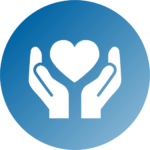
Register
Make the decision to save and enhance lives by registering as an organ and tissue donor today.

Contribute
Financial contributions bring us a step closer to providing the greatest gift of all… the gift of life.

Explore Careers
We're looking for dedicated and compassionate people to join us in our lifesaving mission.
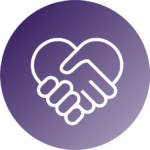
Volunteer
Help us share our lifesaving message and educate the community about organ and tissue donation.

Join Our Mailing List
Stay informed about all the latest news and info from NJSN!
